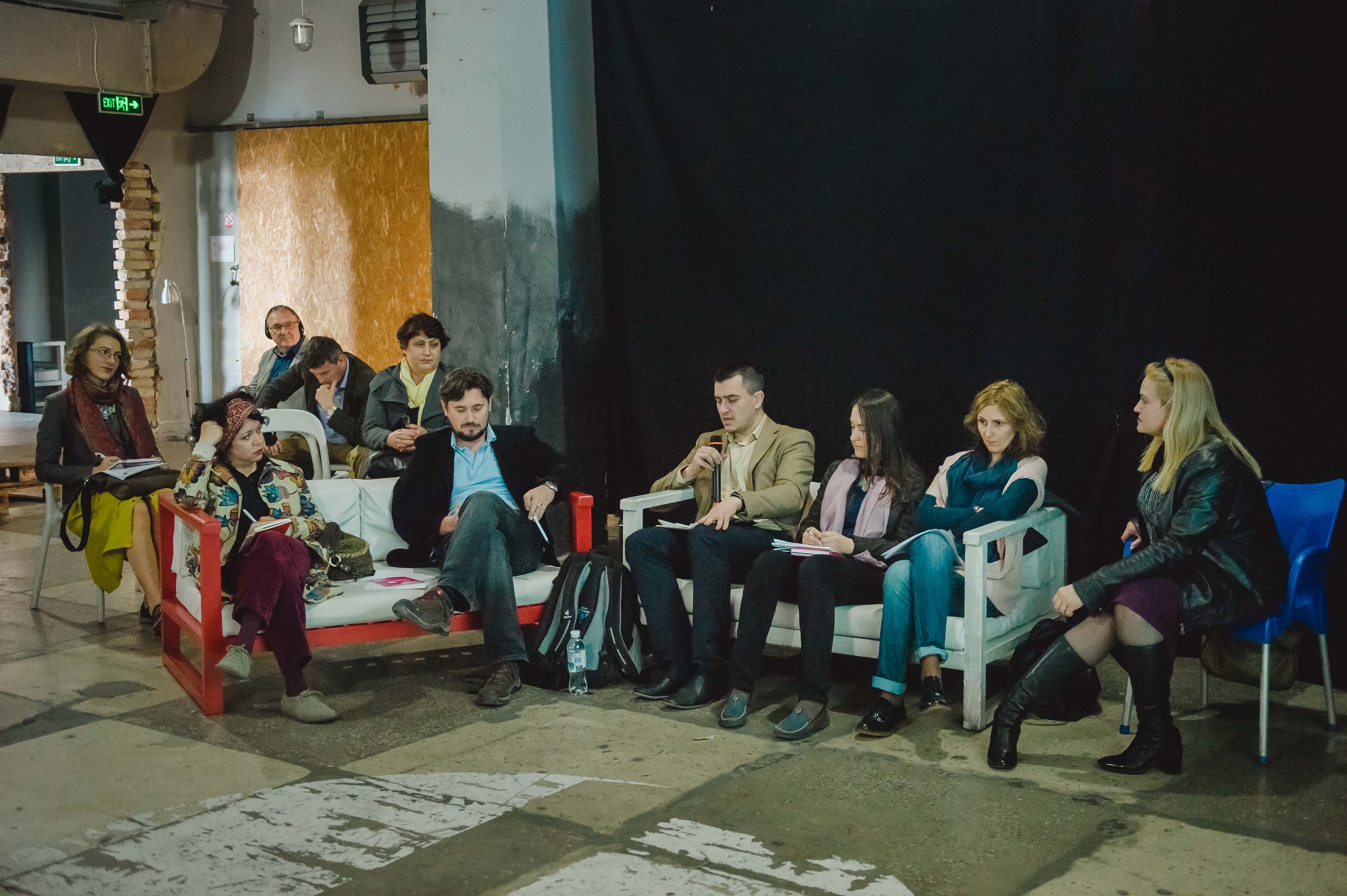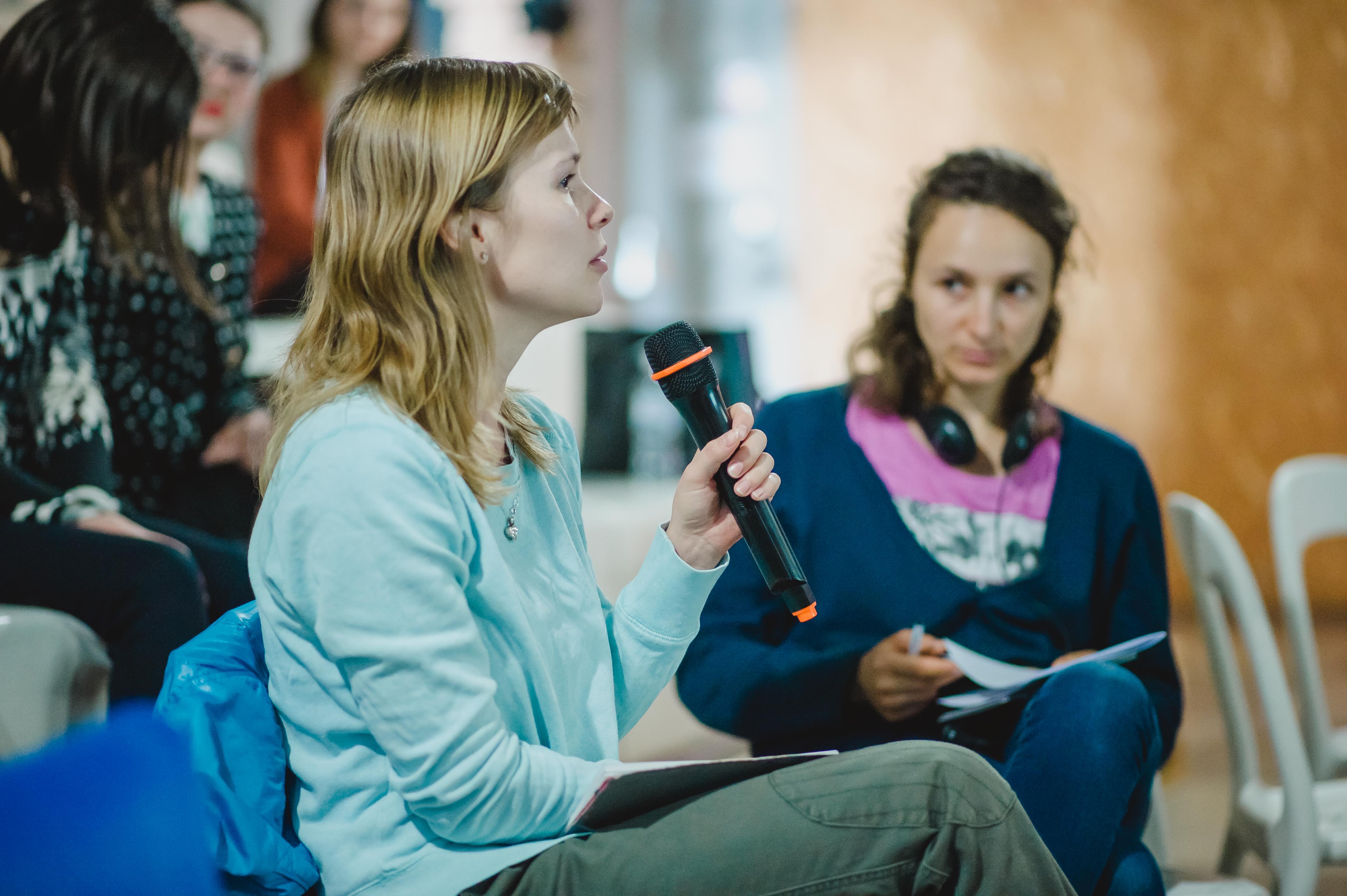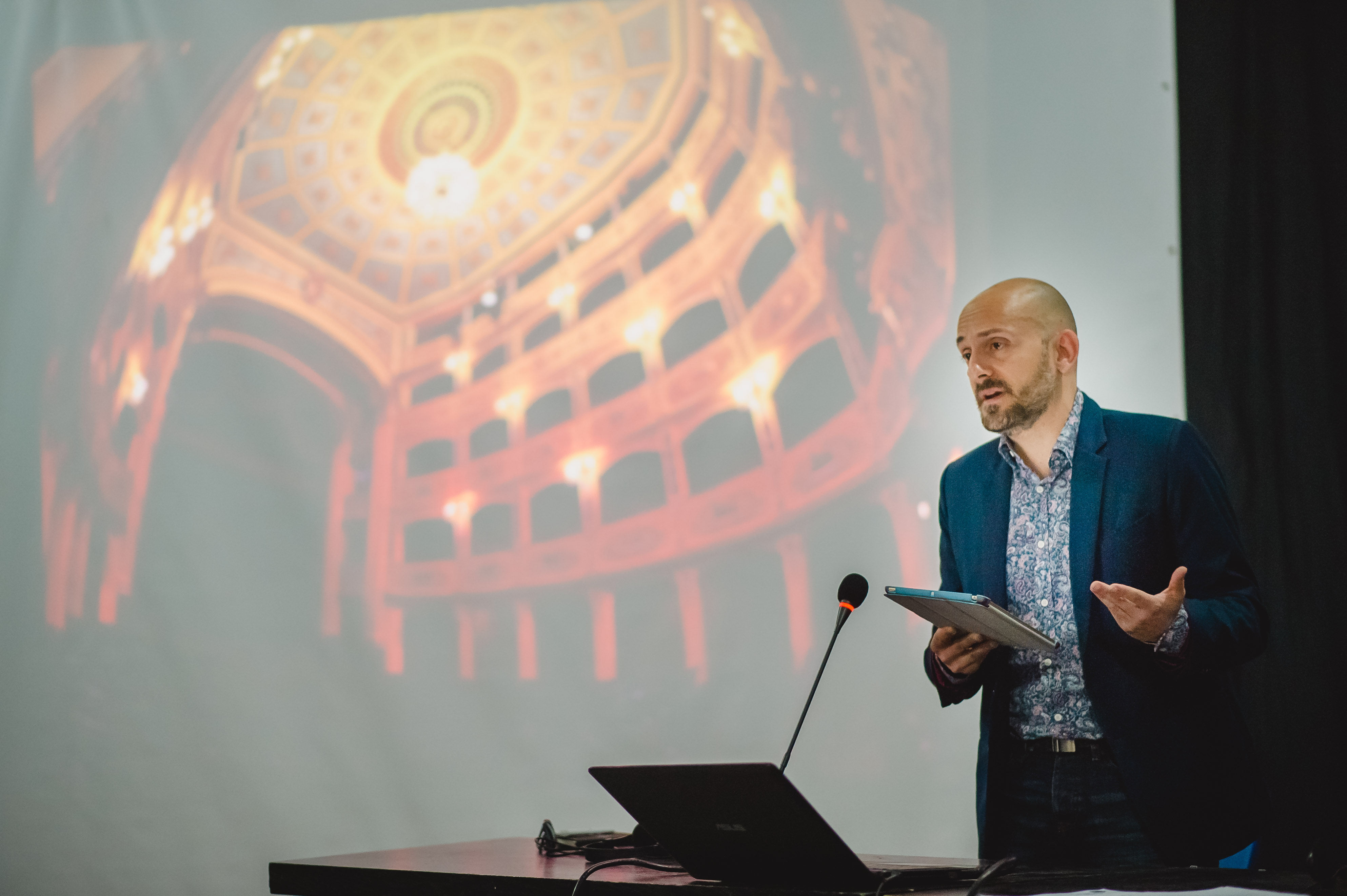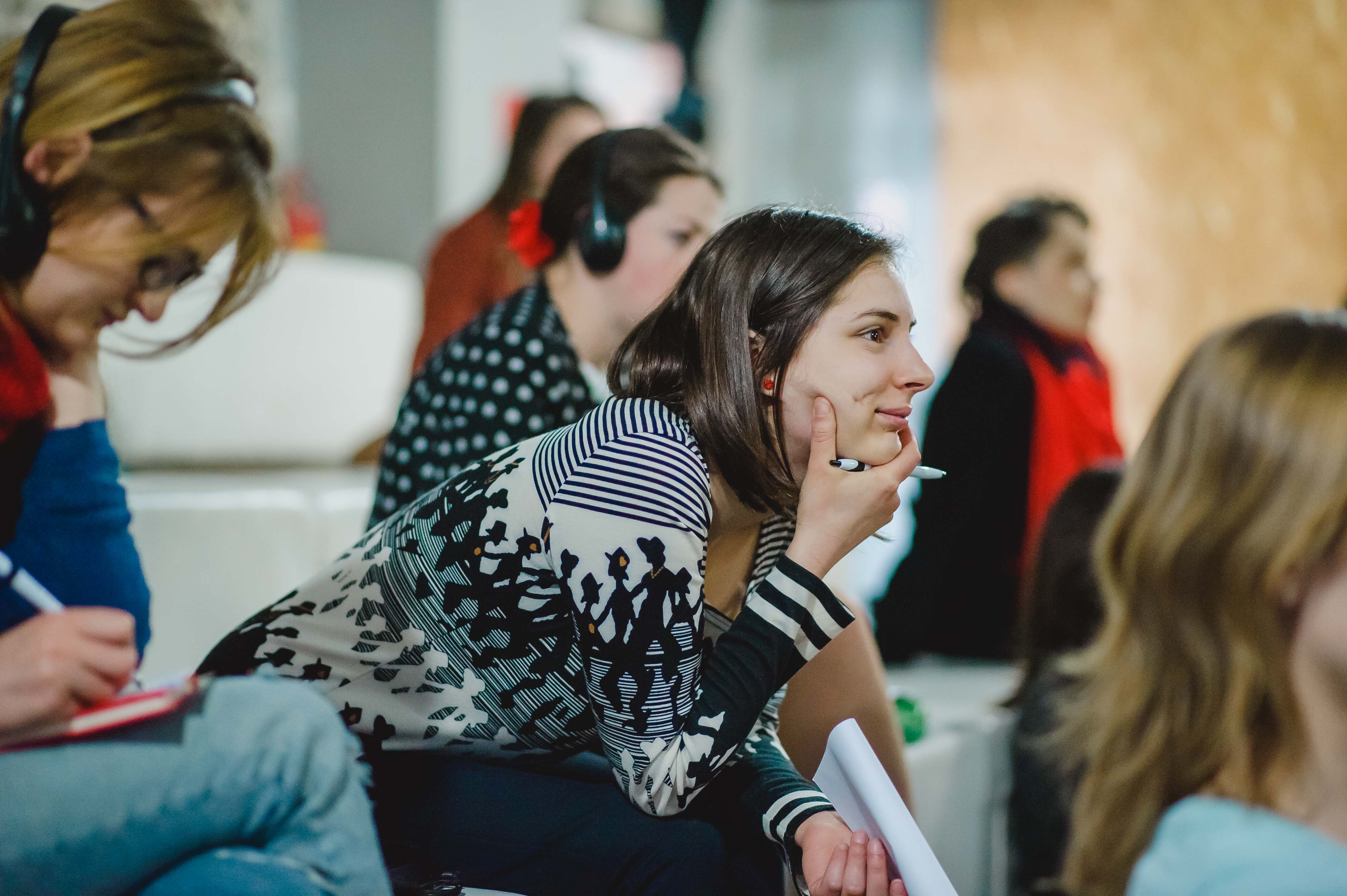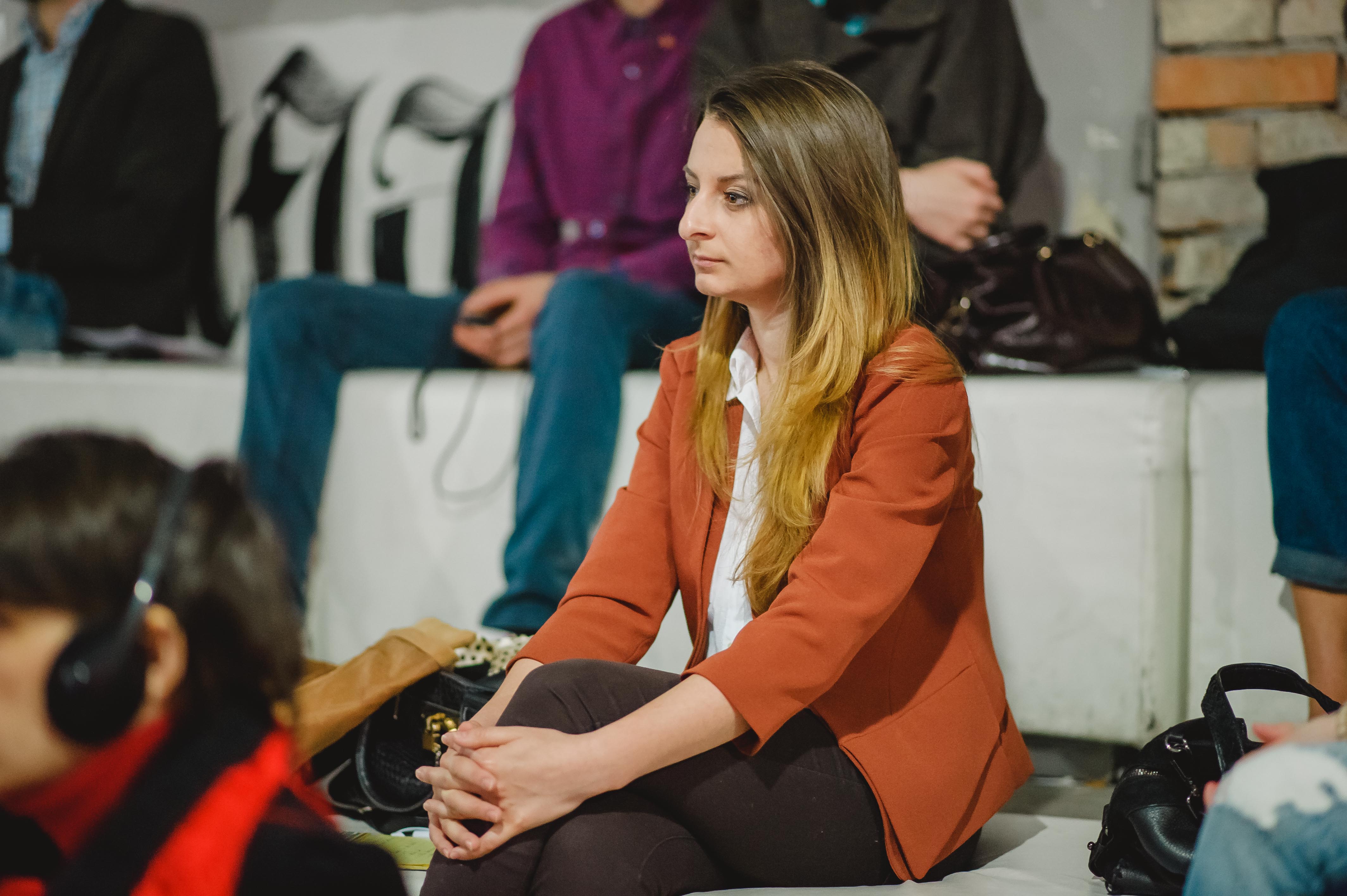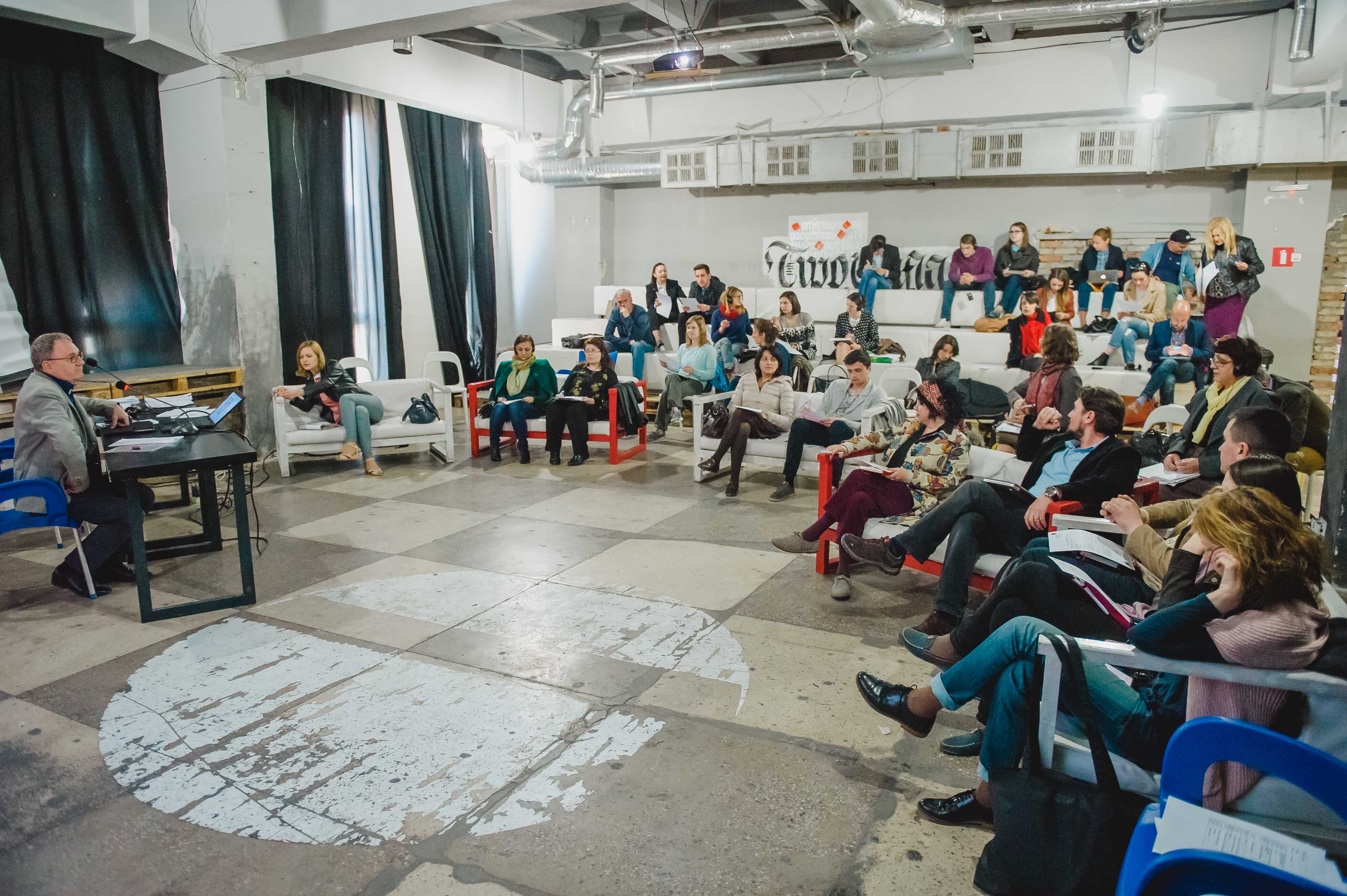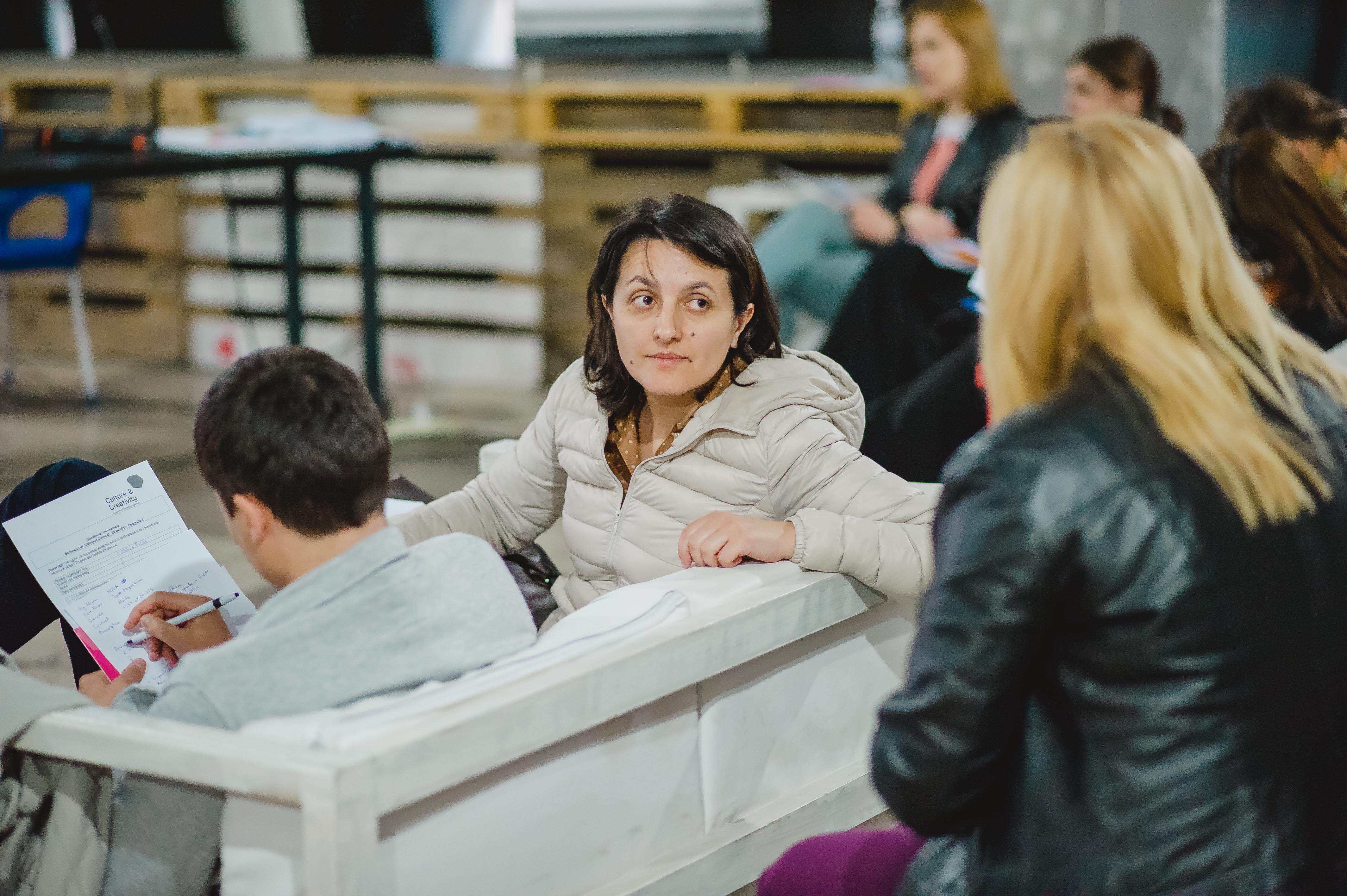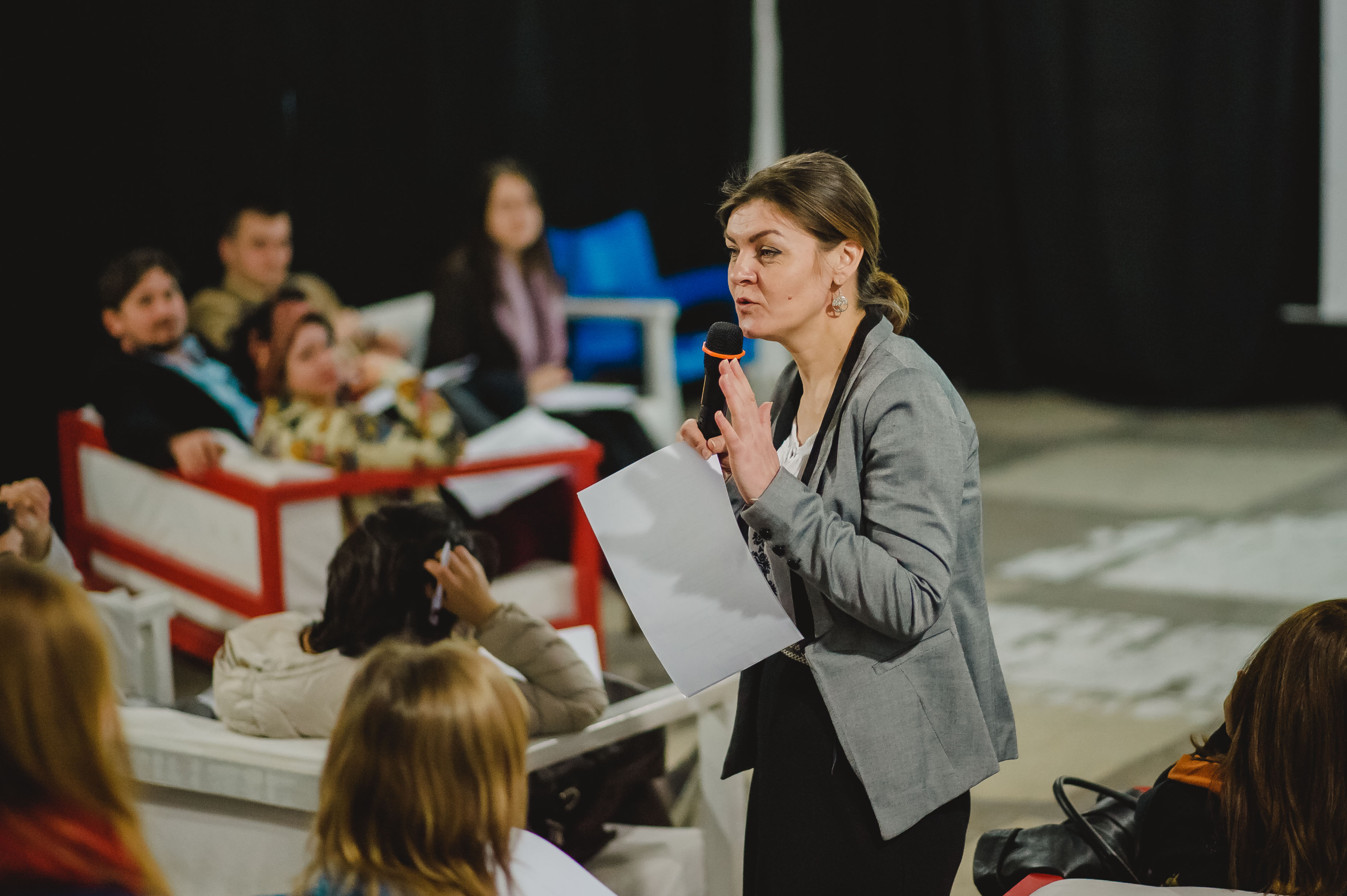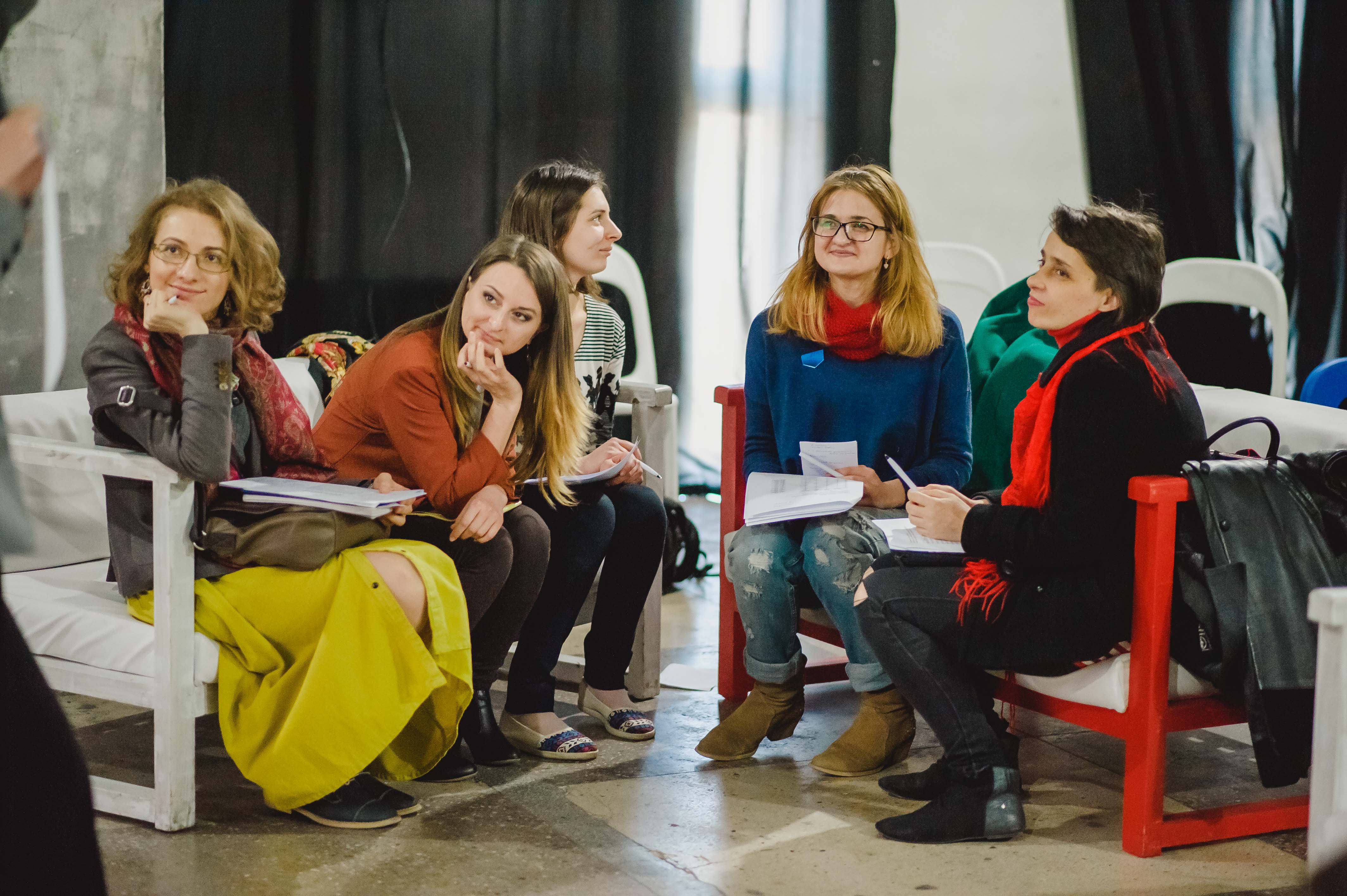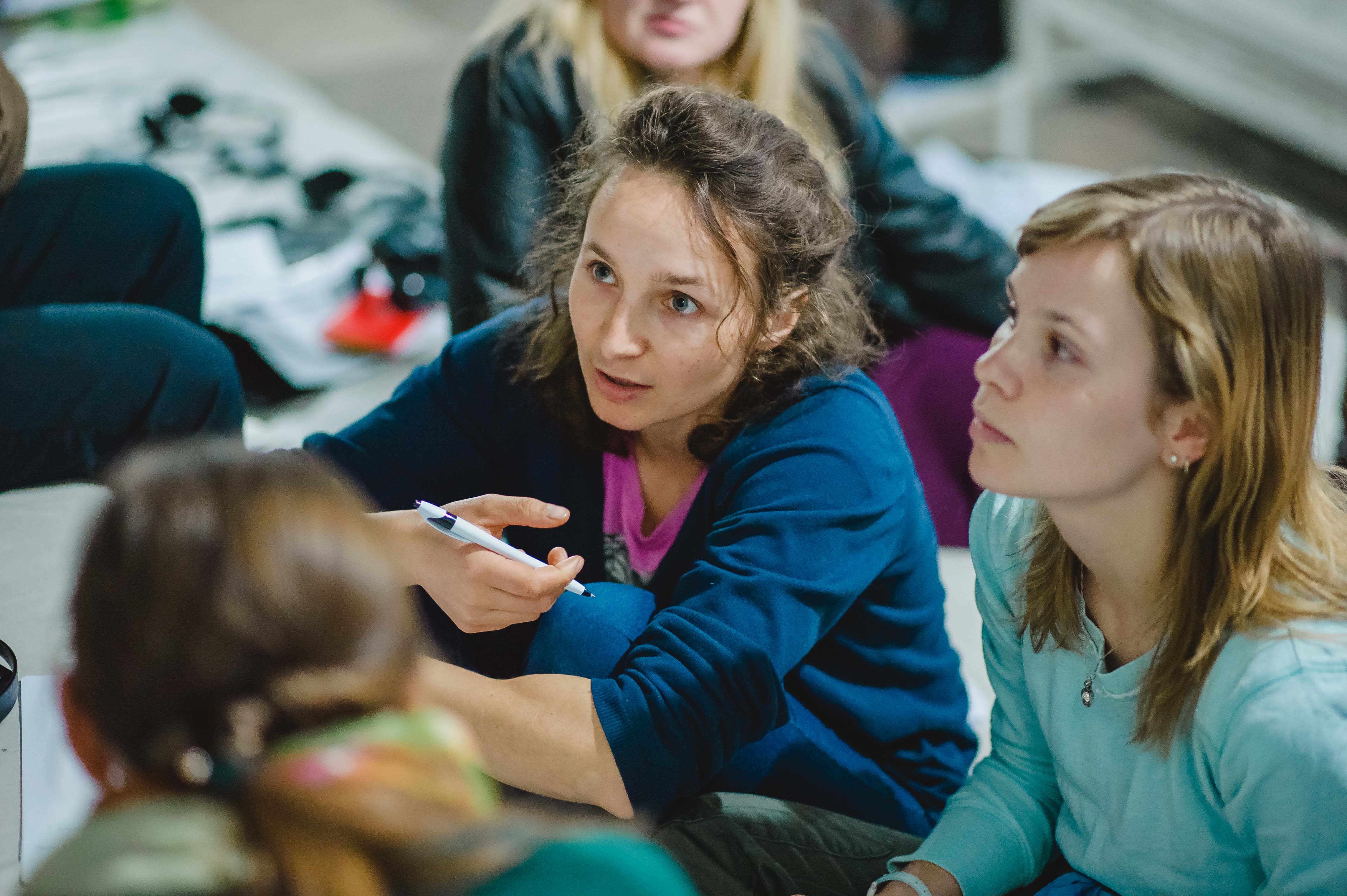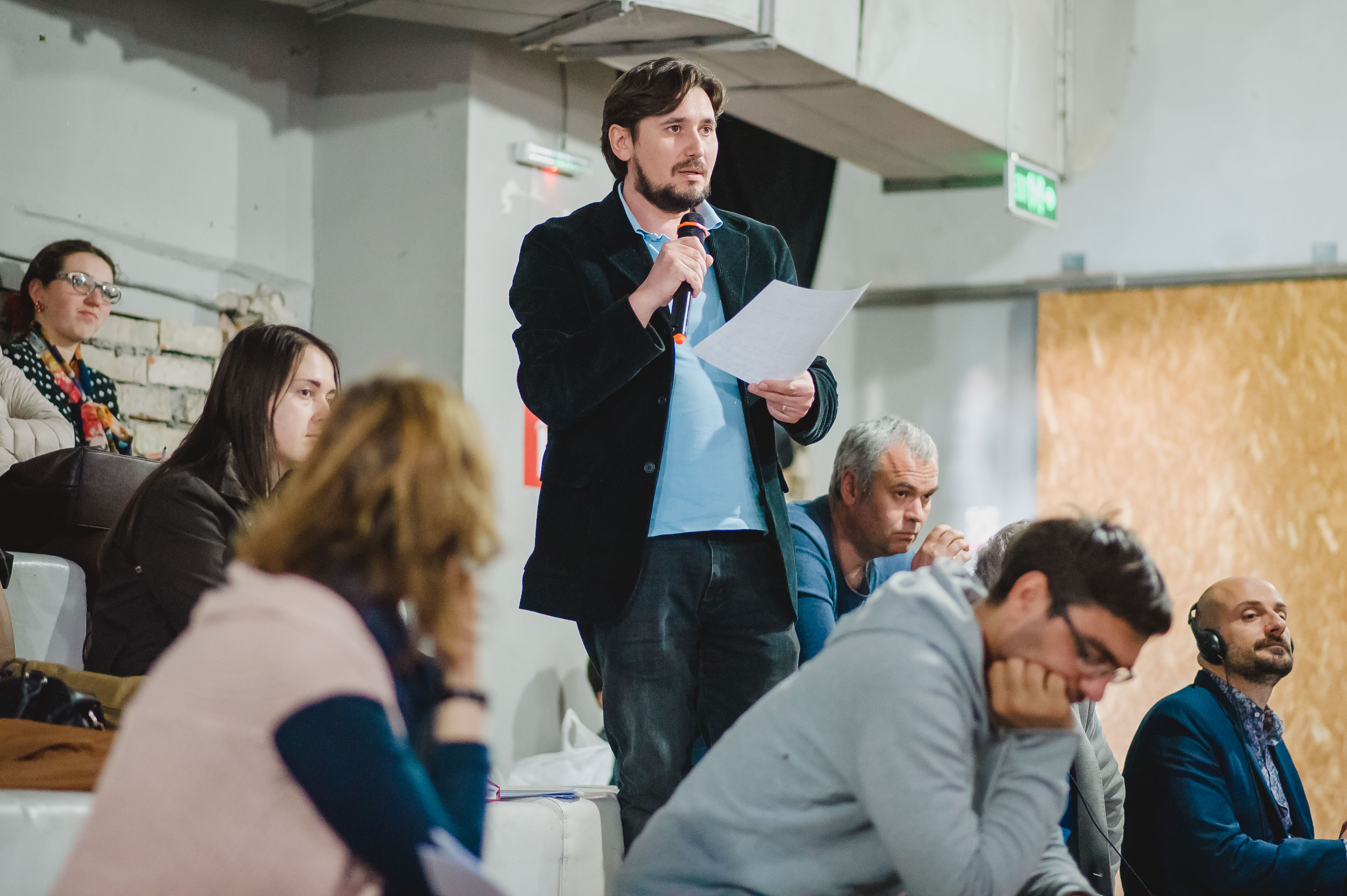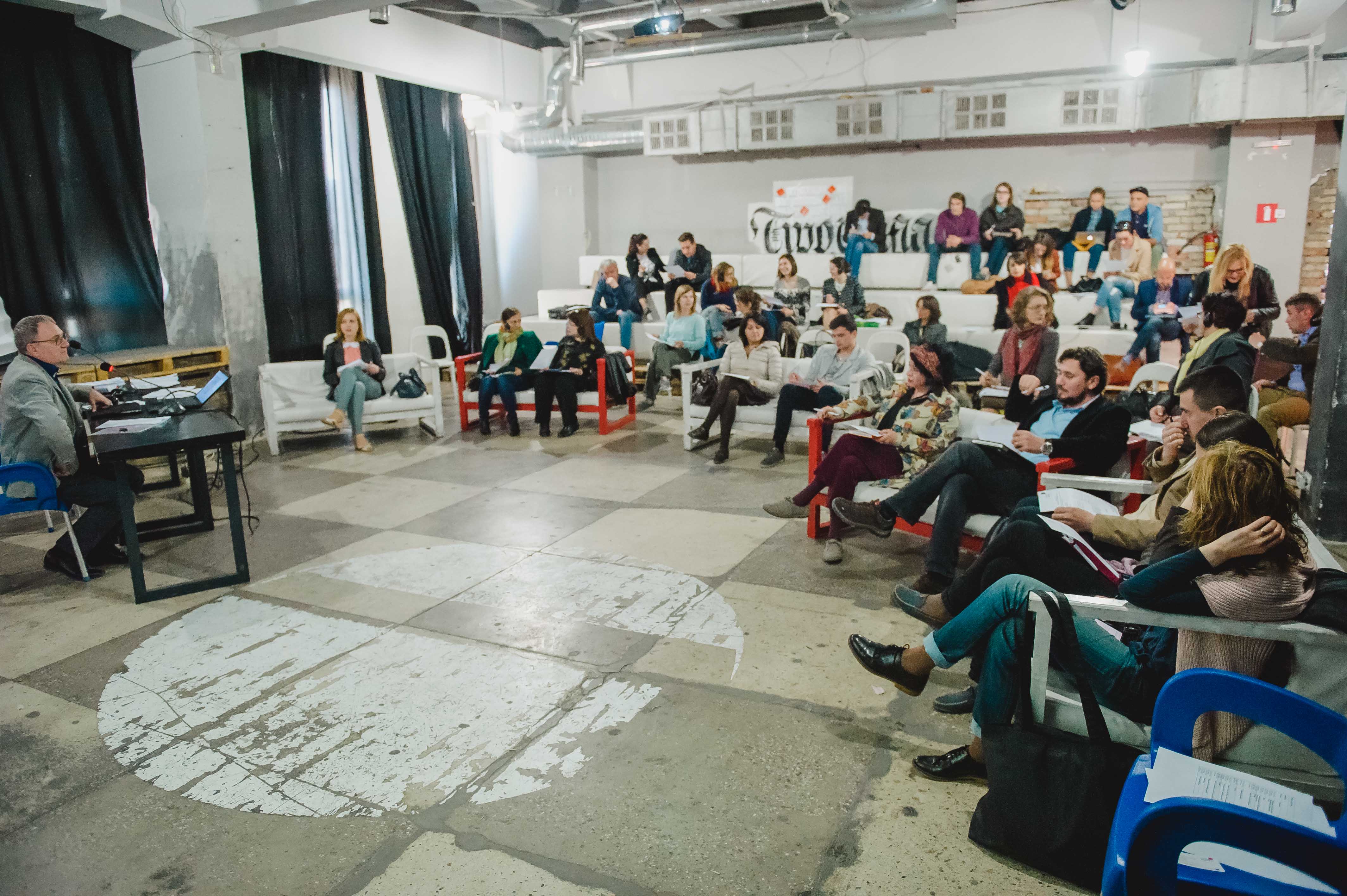
Cultural Leadership as a Way of Changing People
Toni Attard, Director of Strategy at Arts Council Malta:
How to start a project and implement it successfully, even in inappropriate conditions: “All you need to do is to build networks, establish relationships, and find your “champion” who, in most cases, is somebody outside your area. We should, however, remember that culture could be also made outside the framework of the cultural policy. And sometimes even in its absence. Also, once you achieved a success, share it with others.”
How to address the culture and adopt a suitable strategy for our times: “It is not that museums or libraries should merge all together. All museums, libraries and other cultural institutions should join in a coalition. We, those working in the cultural sector, form a small community.”
About the challenge of bringing about change in the cultural sector: “Culture can be changed regardless of the budget size or project scope. The question is whether we can accept those who can lead a cultural change. Every cultural leadership is unique and is worth all the 'blood, toil, sweat and tears' that are needed to succeed.
In short: “The bad news is that there is no magic formula. The good news is that you can develop something that will work for you and, most importantly, for those around you.”
The hidden traps that the cultural leaders should be aware of: “Make sure that you are not alone in this process – the community should be willing to make that change. Make sure it does not become your personal dream.”
About authorities’ involvement in the cultural leadership: “The Governments should interfere less in culture, allowing those outside the government to do more.”
What about the cultural and creative industries in poor, low-income countries? “A safe (and the only) answer does not exist. But, in any case, people spend money on something. If there is no market, no niche for culture, then you should ask yourself: 'Is it time to pack my luggage and leave?' It is not necessarily a bad thing, when people leave the country they create diversity and, at that time, it is crucial to (re)think who you are.”
Tim Williams, team leader of the EU-Eastern Partnership Culture and Creativity Programme, says that many of the above issues will be addressed in a practical way during the workshops for cultural leaders: “Given the specificity of the cultural leadership, we designed this programme as a series of short but to-the-point workshops that would develop some concrete skills.”
To become a cultural leader you should change yourself and those around you
Angela Stafii, psychologist and specialist in personal development, says that there is a link between the quality of being a leader and human ability to change (yourself): “There is something special in working with people from the cultural sector that should be taken into account, and the leader generally relates to a certain style of work. What it seems important to me, unlike other sectors, is the ability to prove that cultural activities, cultural projects and culture in general are important now in Moldova in order to change something in this country. And then the emphasis is rather on the leader’s ability to persuade, to prove that their actions have an impact on the society.”
“As for the rest, the cultural leadership does not even always relate to the position of a manager. Because we have cultural leaders who apparently do not have anything to do with culture, but who are changing mindsets, causing beneficial social movements”, Angela Stafii added.
Cultural leaders: managers or inspiration?
Both. According to the specialist, leadership qualities can be (and should be) developed: “It is good to differentiate the cultural industries, which refer to the cultural business and need to be managed – where the leader must be a manager rather than an artist, as an the latter has other things to do – from cultural leadership, formed of ambassadors talking about culture.”
“Speaking of Moldova, I think that very few managers of cultural institutions have appropriate skills. It does not mean there aren’t any managers, but it would be good to strengthen their capacities. As cultural leadership is an inspiration rather than a learned skill, it is the cultural leaders who bring the change. Culture is not just art, it is more than that; that's why for me a cultural leader is a person who changes the way people think or act. We should have enough inspiration, dreams and perseverance to fulfill those dreams.”
More opportunities to network with other people of culture
Vasiluta Vasilache manages Cocosul Rosu Independent Cultural Center, which organizes workshops and jam sessions for children and adults and is, in her view, a space open to culture. As a cultural manager, she came to the workshop to acquire more skills or instruments for her work, because so far she had learned everything on the fly:
“When I started up Cocosul Rosu, I didn’t plan anything specific – it’s my passion and I’ve decided to give it a go. It's important to have a team to work with and for everybody to move into the same direction - everything is about enthusiasm and inner strength. And such events offer the opportunity to meet people of art: maybe you don’t know, but some of your neighbours may share the same passions and may want to pursue the same activities as you do - so, you can join your efforts.”
Dumitru Marian, producer and director of AltFilm Association believes that, given their format, workshops on cultural leadership are useful even for those who have expertise in this area. “The communication with other people, who are doing basically the same, but in other areas, reminds you some things that you used to know, but haven’t applied in practice. Or, for instance, foreigners often give us very compact and easy-to-apply information – like mottoes or rules that are extremely helpful.”
“The agenda is quite interesting and well organized, covering certain issues or activities, relevant for a cultural manager. Then, there is the opportunity to work on a project during each workshop (because we are required to present a project, which is either in the pipeline or already underway). An external specialist, who knows how to manage the European funds, will come and work specifically on your project, which is very useful.”
The project that Dumitru Marian wants to develop targets the community of Moldovan filmmakers, providing them a practical platform with an interactive calendar of events, an updated list of funding opportunities (scholarships, 'travel grants’) and a 'match-making’ database of professionals in the field.
Reporting problems to authorities
At the same time, he thinks that beyond these immediate benefits of the cultural leadership programme, there are other less visible but important opportunities, such as the participation in programmes financed from European funds: “On the one hand, workshops beneficiaries can become more competitive and enhance their CVs. On the other hand, such workshops will generate some discussion on the topic ‘Why no one from Moldova has ever applied to the Creative Europe Programme?'” One possible explanation, in Dumitru Marian’s opinion, is that the programme requires 50% own financing:
“As director of the Association, I do not have money to implement such a project; in addition, there is neither Government funding available, nor the Law of Sponsorship, enabling you to find financing elsewhere. But I hope this issue will be addressed when points of learning are made after the workshops and are submitted to the Ministry of Culture. Because otherwise it is not easy to bring together so many cultural managers and ask for their opinion.”
The experience of working and interacting with other cultural leaders is a 'good teacher'
Anna Dubeli from Locals.md events portal is opting more for a cultural management. She believes that a cultural leadership programme should contain both theory and practical work that would form the basic knowledge and skills of a leader, and will later develop them further on.
“Today we have learned how to identify our problems and understand what they are consisting of. We should not just say that we do not have money to promote and develop culture - it is important to understand that lack of money is not the only problem. Or, sometimes, the lack of money is not a problem at all.”
“The main lesson learnt is that we must do everything to submit the file to the Creative Europe Programme – regardless if we receive those grants or not - so that Moldova participates not only in theory, but also in practice.
Orest Dabija, from the Ministry of Culture, found the story behind the development of Malta's cultural policy very useful: “Though I appreciate the practical work in teams, I like more theorized presentations, that is why I liked more the presentation of the expert from Malta. The way a country that is much smaller than Moldova managed to develop a cultural strategy and bring the culture on the political agenda, on the Government’s sustainable development agenda and even implement successfully this strategy.”
*Summary of the meeting of cultural leaders, Chisinau, 22 April




